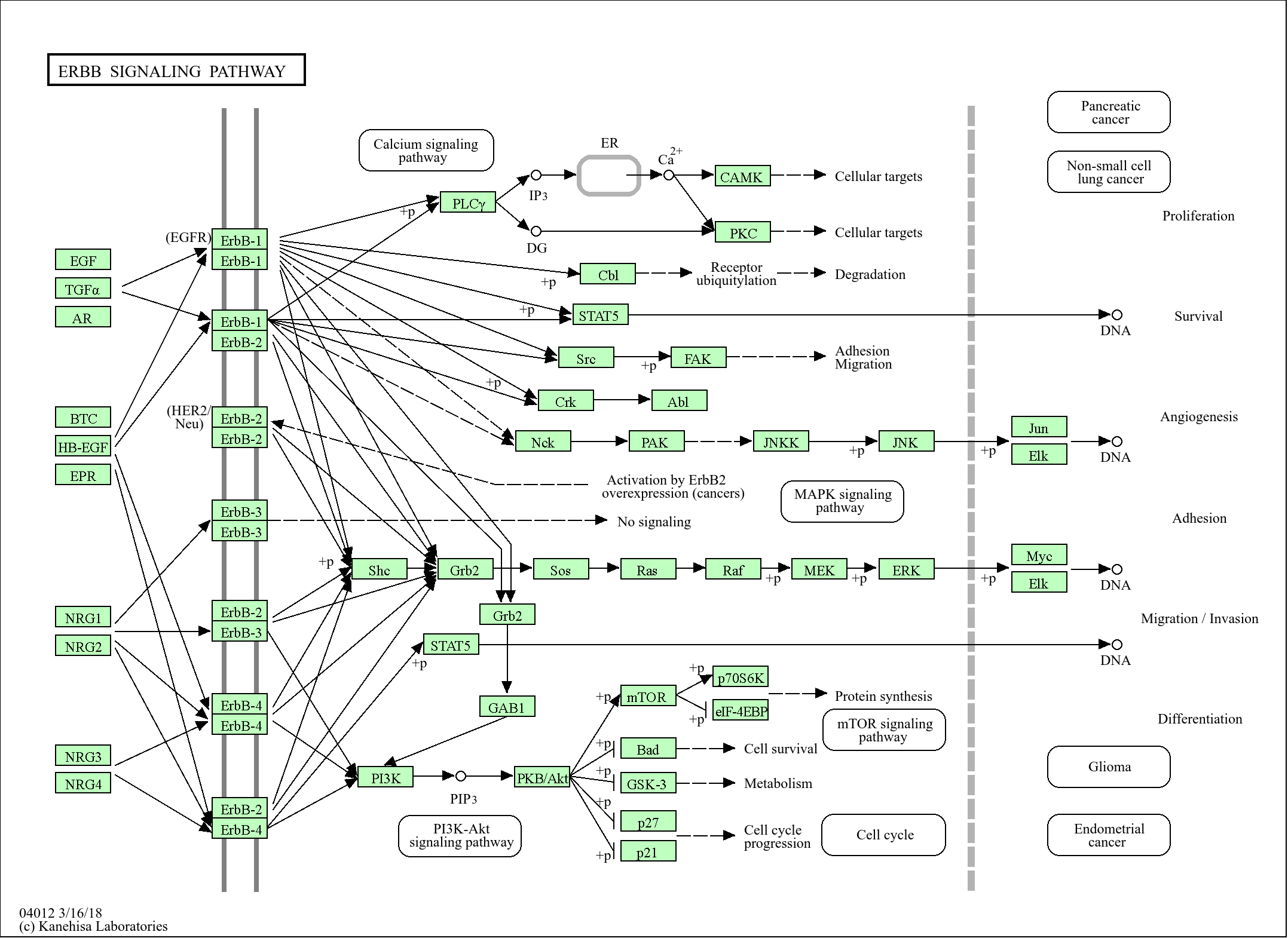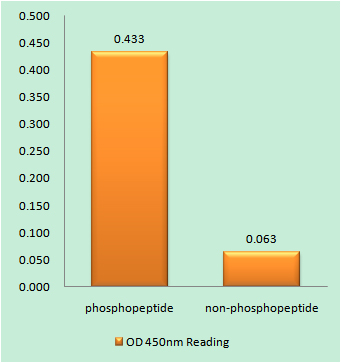
Catalog: KA4003C
Size
Price
Status
Qty.
96well
$330.00
In stock
0
Add to cart


Collected


Collect
Main Information
Reactivity
Human, Mouse, Rat
Applications
ELISA
Conjugate/Modification
Unmodified
Detailed Information
Storage
2-8°C/6 months,Ship by ice bag
Modification
Unmodified
Detection Method
Colorimetric
Related Products
Antigen&Target Information
Gene Name:
ACLY
show all
Other Name:
ATP-citrate synthase ;
ATP-citrate ;
pro-S- ;
-lyase ;
ACL ;
Citrate cleavage enzyme ;
ATP-citrate ;
pro-S- ;
-lyase ;
ACL ;
Citrate cleavage enzyme ;
show all
Database Link:
Background:
ATP citrate lyase(ACLY) Homo sapiens ATP citrate lyase is the primary enzyme responsible for the synthesis of cytosolic acetyl-CoA in many tissues. The enzyme is a tetramer (relative molecular weight approximately 440,000) of apparently identical subunits. It catalyzes the formation of acetyl-CoA and oxaloacetate from citrate and CoA with a concomitant hydrolysis of ATP to ADP and phosphate. The product, acetyl-CoA, serves several important biosynthetic pathways, including lipogenesis and cholesterogenesis. In nervous tissue, ATP citrate-lyase may be involved in the biosynthesis of acetylcholine. Multiple transcript variants encoding distinct isoforms have been identified for this gene. [provided by RefSeq, Dec 2014],
show all
Function:
Catalytic activity:ADP + phosphate + acetyl-CoA + oxaloacetate = ATP + citrate + CoA.,Function:ATP citrate-lyase is the primary enzyme responsible for the synthesis of cytosolic acetyl-CoA in many tissues. Has a central role in de novo lipid synthesis. In nervous tissue it may be involved in the biosynthesis of acetylcholine.,similarity:In the C-terminal section; belongs to the succinate/malate CoA ligase alpha subunit family.,similarity:In the N-terminal section; belongs to the succinate/malate CoA ligase beta subunit family.,subunit:Homotetramer.,
show all
Cellular Localization:
Cytoplasm, cytosol .
show all
Reference Citation({{totalcount}})
Catalog: KA4003C
Size
Price
Status
Qty.
96well
$330.00
In stock
0
Add to cart


Collected


Collect
Recently Viewed Products
Clear allPRODUCTS
CUSTOMIZED
ABOUT US
Toggle night Mode
{{pinfoXq.title || ''}}
Catalog: {{pinfoXq.catalog || ''}}
Filter:
All
{{item.name}}
{{pinfo.title}}
-{{pinfo.catalog}}
Main Information
Target
{{pinfo.target}}
Reactivity
{{pinfo.react}}
Applications
{{pinfo.applicat}}
Conjugate/Modification
{{pinfo.coupling}}/{{pinfo.modific}}
MW (kDa)
{{pinfo.mwcalc}}
Host Species
{{pinfo.hostspec}}
Isotype
{{pinfo.isotype}}
Product {{index}}/{{pcount}}
Prev
Next
{{pvTitle}}
Scroll wheel zooms the picture
{{pvDescr}}

















